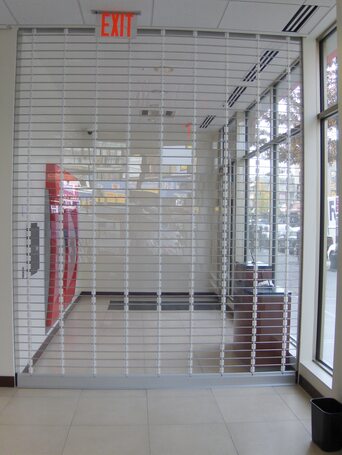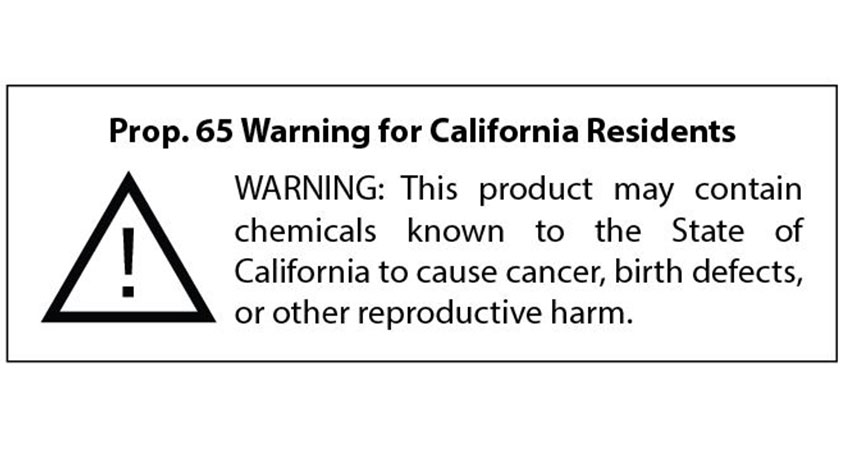

With the cannabis industry booming, following rules and regulations of marketing and advertising can be tedious, but there are organic ways to use digital marketing to reach more customers.

With the cannabis industry booming, following rules and regulations of marketing and advertising can be tedious, but there are organic ways to use digital marketing to reach more customers.

In the past year, more than 120 burglaries at dispensaries occurred in Portland, Oregon. With a number of cannabis thefts hitting the news recently, it’s clear that retailers need to have more robust security measures in place.

The FDA issued warning letters to two companies this month, alleging FD&C Act violations stemming from marketing new drugs without approval. Companies marketing CBD products should be careful not to market OTC drugs containing CBD.

Aaron Green sits down and interviews Socrates Rosenfeld, CEO of Jane, about their recent strategic partnership with Leafly. The partnership combines two of the largest online tech platforms in the North American cannabis market.

In this three-part series, cannabis lawyer and compliance expert Todd Feldman takes a look at how laws shape California’s supply chain, constrains business practices and affects the cost of doing business. In Part Two, we take a look at how regulation defines vertical integration in California.

While the cannabis legalization story in Canada has had its bumps, the clear path forward for greater legal market success lies in increased support for micro-cultivators. By increasing support for these small-scale producers to navigate regulatory requirements, more will be able to enter the legal market and actually compete against their illicit counterparts.

A new California Proposition 65 mandate took effect on January 3, requiring health warning labels for all cannabis products sold in the state. Failure to comply with the requirements can and will result in enforcement against cannabis producers and sellers, resulting in hefty penalties.

Cannabis businesses know that compliance with state regulations are critical to surviving, but overlook the benefits of a quality management system that can allow them to thrive.

Ensuring accountability across the supply chain means selectively choosing partners who share the same values of integrity and professionalism. Compliance affects most everyone in the supply chain and the loss of any operator hurts the entire industry.